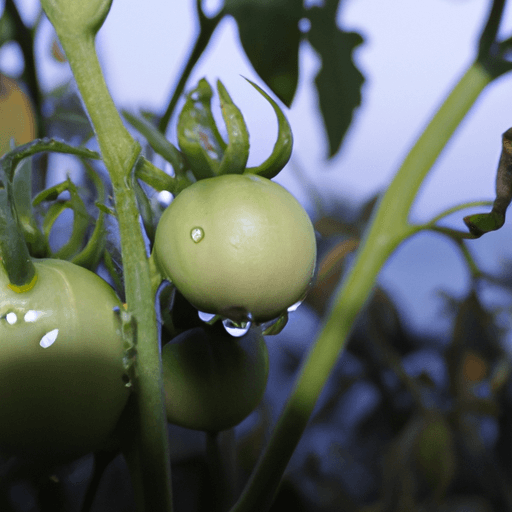Genetically Modified Organisms (GMOs) in Home Gardening: Pros, Cons, and Tips
Genetically modified organisms (GMOs) are becoming increasingly popular for use in home gardening. While they can offer some advantages, such as increased yield and decreased pest problems, there are also potential drawbacks that should be taken into consideration before deciding to grow these organisms. Here’s a look at the potential benefits and drawbacks of using GMOs in home gardening, along with some tips on how to safely and responsibly use them.
Advantages of Using GMOs in Home Gardening
- Increased yield: GMOs are designed to increase the yield of a crop by making it more resistant to disease, pests, and environmental stress.
- Decreased pest problems: Many GMOs are designed to be pest-resistant, which can help reduce the need for pesticides and other pest-management products.
- Improved nutritional content: Some GMOs can be engineered to provide higher levels of essential nutrients, such as vitamins and minerals.
- Increased environmental sustainability: GMOs can be designed to be more drought-tolerant and require less water, which can help reduce water consumption and conserve resources.
Disadvantages of Using GMOs in Home Gardening
- Contamination of neighboring gardens: GMOs can cross-pollinate with non-GMO plants, potentially contaminating neighboring gardens.
- Long-term environmental damage: The long-term effects of GMOs on the environment are unknown and could cause serious damage to the environment.
- Ethical implications: Many people are concerned about the ethical implications of using GMOs, such as the potential for corporations to control the food supply.
Tips for Safe and Responsible Use of GMOs in Home Gardening
- Research the potential risks: Be sure to research the potential risks associated with using GMOs in home gardening before deciding to use them.
- Carefully review product labels: Be sure to carefully review the labels of any GMOs you purchase to make sure they are safe for use in home gardening.
- Avoid cross-pollination: Be sure to keep your GMO plants away from non-GMO plants to avoid cross-pollination.
- Practice sustainable gardening methods: Be sure to practice sustainable gardening methods, such as using natural pest-control methods and composting.
Overall, the use of GMOs in home gardening can provide some benefits, such as increased yield and decreased pest problems. However, there are also potential drawbacks, such as contamination of neighboring gardens and long-term environmental damage. It’s important to carefully consider the potential risks and benefits before deciding to use GMOs in home gardening, and to practice safe and responsible gardening methods.




















Comments
Leave a Comment